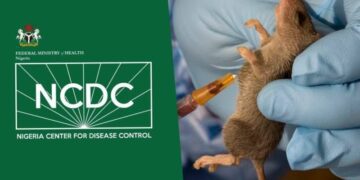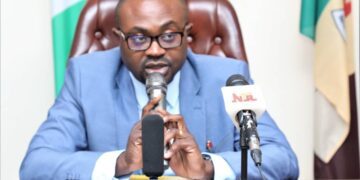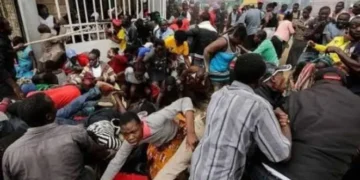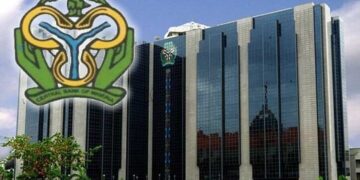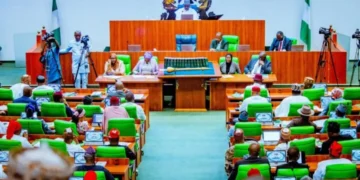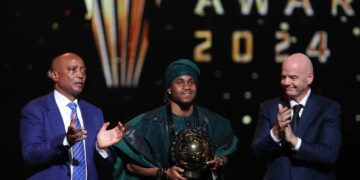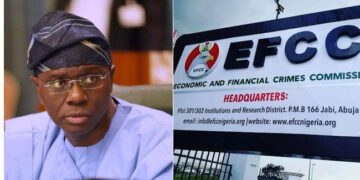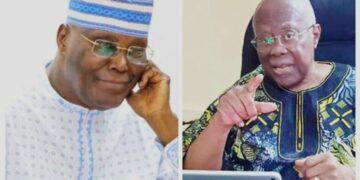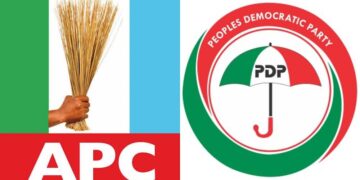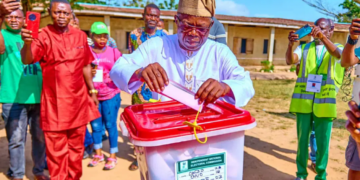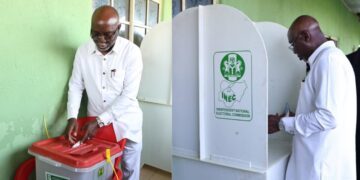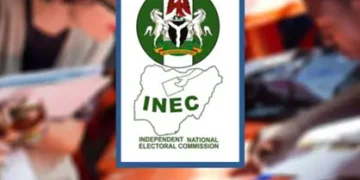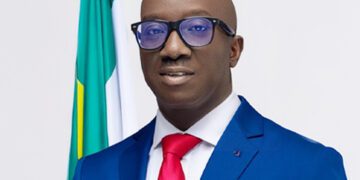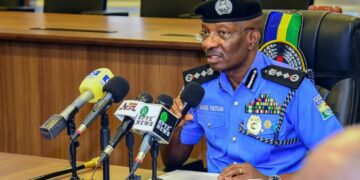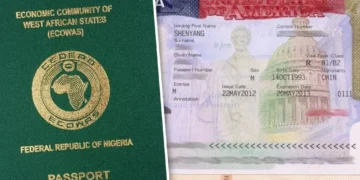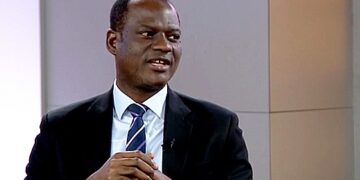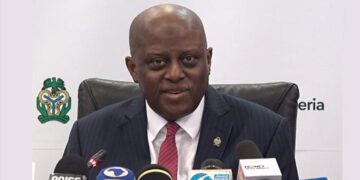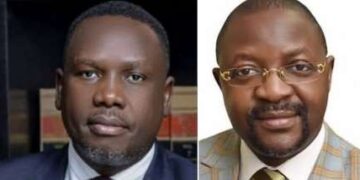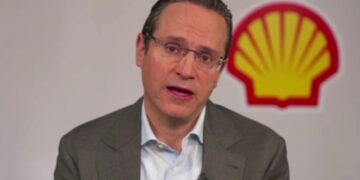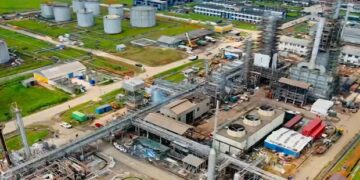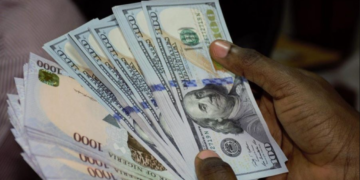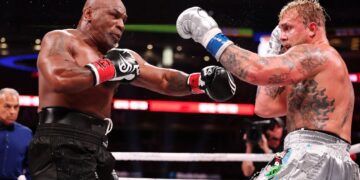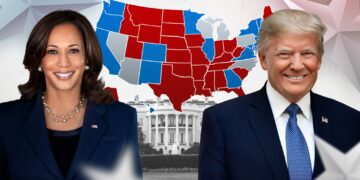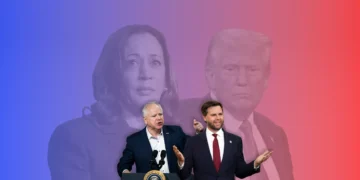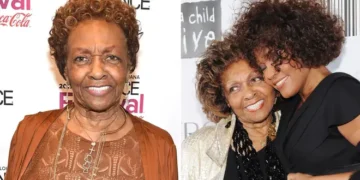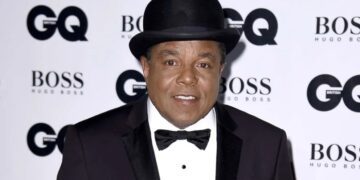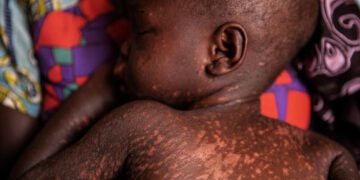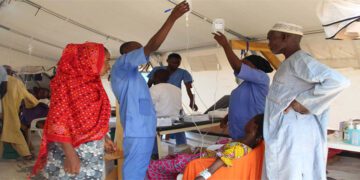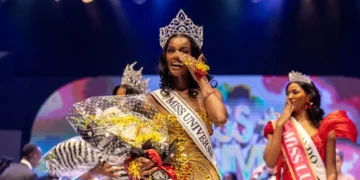By Dapo Okubanjo
Days after the appearance of the All Progressives Congress (APC) Presidential candidate Asiwaju Bola Tinubu at the Royal Institute of International Affairs,also known as Chatham House, the local media space has continued to witness a babble of opinions on his performance especially with the manner he called on key members of his team to answer some of the questions posed to him.
For those who were on the lookout for gaffes or anything to divert attention from their fading campaign, that move showed that the former Lagos state governor lacked capacity to speak to issues.
But for those who know Tinubu well and his inclusive leadership style, what he did at Chatham House is much in character. This was how he deliberately grew a team of leaders who are today in positions of authority at the federal level and elsewhere.
It is a matter of public record that cabinet sessions in the Tinubu years in Lagos were never ceremonial gatherings where commissioners would show up simply to affirm what the governor wanted.
They were stimulating sessions where the then Governor Tinubu allowed his cabinet to air their thoughts and make inputs for the greater good of the state. It was the breeding ground that birthed Yemi Osinbajo, Babatunde Fashola, Rauf Aregbesola and Dele Alake to mention just a few.
Sadly, some Nigerians including those that one would have expected to have a good knowledge of the man who had been a staple of Nigerian politics since at least 1992, joined in the fray to question what he did on the day and present it as an affirmation of their skewed position on his age and fitness for the job.
Here is a man who needed no introduction at least to anyone who has been following politics for a while and he is also known to have regularly articulated his position on national issues through the annual Bola Tinubu Colloquium.
And like he carefully said in the course of his Chatham House appearance, his age and date of birth had been consistent through his first appearance on the political stage till today.
So at what point did Tinubu become such a big threat to the opposition and its support base to warrant all those outbursts in the media space?
Even though they may not publicly admit it, It all began with the role Asiwaju played in unseating the then ruling Peoples Democratic Party (PDP) in 2015 after 16 unbroken years in power at the centre.
He it was who was the rallying point of the then opposition All Progressives Congess (APC) , alongside President Muhammadu Buhari, which did the unthinkable and pushed PDP from the comfort of the Presidential Villa which some of its leaders had once boasted they would hold on to for at least 60 years.
Today, what used to be PDP is now fragmented and a chunk of its supporters are now known by the moniker, Obidients, as a result of their support for the Labour Party Presidential candidate Peter Obi but collectively they have continued the sort of politics that did not work in 2015 even when key members of the party procured a British PR company Cambridge Analytica for millions of dollars to launch a damaging campaign of disinformation against the then candidate Muhammadu Buhari.
Like in 2015, their latest antics would also fail. The Bola Tinubu of 2022 remains the same witty, wily, hardworking and cerebral politician who now has a bigger support base that is more national in outlook.
They say he is too weak to be President but no Presidential candidate has spent more time on the campaign trail than any of his opponents, going to places like Gbaramatu in Delta state and Birnin Gwari,in Kaduna that many politician are reluctant to venture into.
So his leadership style of allowing cabinet members a say in governance may not be what some Nigerians are used to but this is how he was able to develop a master plan for Lagos that has stood the test of time through three successive administrations.
For the avoidance of doubt, the Chatham House appearance has giving Nigerians and the international community a sense of the team Bola Tinubu plans to unleash when elected as President of the most populous country in Africa in 2023.
Let us see what the others have to offer in terms of their team beyond rhetorics.
Okubanjo is journalist and public affairs analyst based in Abuja















